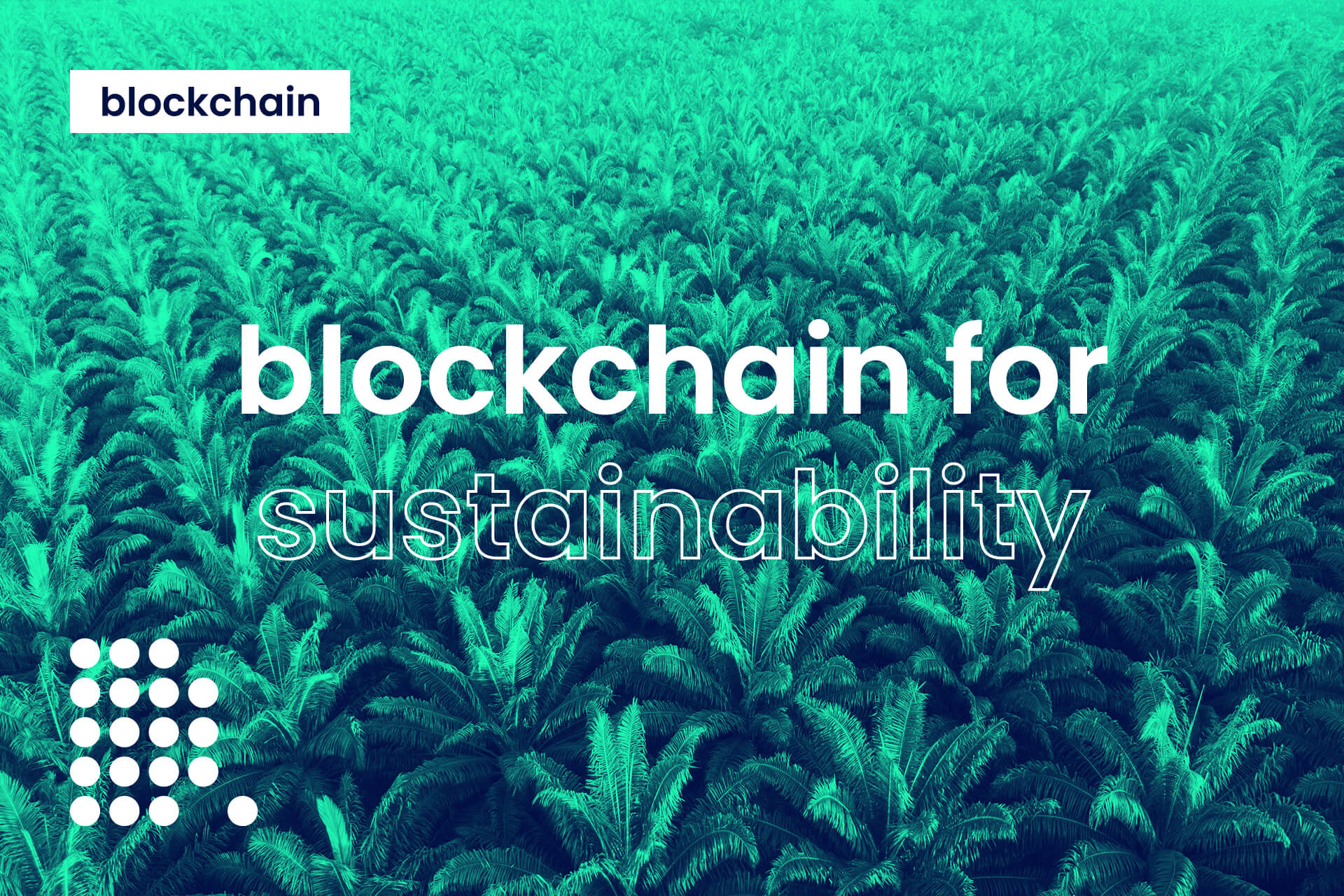
The Malaysian Palm Oil Council (MPOC) has partnered with blockchain company BloomBloc to implement blockchain technology to the country’s palm oil industry. The collaboration aims to make the oil supply more traceable and accountable.
The palm oil supply chain in Malaysia as well as in the whole East Asia region, which is one of the biggest producers of palm oil, is relatively opaque. This makes it hard for regulators to ascertain whether a producer is genuinely sustainable, and for customers, it is quite impossible to know if they are purchasing ethical products.
According to Foodbev Media, both parts agreed to develop a blockchain mobile app, customized for the palm oil industry which follows palm oil throughout its supply chain. The app, which will be available for local oil palm growers and processors, plantations and smallholders, registers each tree and related information, uploaded to the system, and makes it able to track every stage of the palm oil supply chain.
The mobile app developers say, that blockchain technology will be used to help family-owned smallholders to gain more control over their processes and thus increase the production and reduce costs. It will also play an important part in maintaining sustainable agriculture.
The need for sustainability
While palm oil is rated as the world’s most popular vegetable oil due to its versatility and cheap price, the soaring global demand for it has led to extensive deforestation and loss of wildlife in Malaysia, which is one of the biggest palm oil producers.
For the long years, international companies freely cleared thousands of hectares of rainforests in East Asia to expand their palm tree plantations.
But with increasing international outrage and environmental initiatives, even the biggest manufacturers shift to more sustainable behavior. What is interesting, that innovative blockchain technologies play an important role here as they make a transformative impact on the palm oil industry by creating transparency in the supply chain and also value for its stakeholders.
The major manufacturer Nestlé, associated with the massive rainforest cuttings, adopted the blockchain technology last year for its pilot program to track products such as palm oil and milk.
Meanwhile the recent Juniper Research study revealed recently, that the global food industry could save approximately $31 billion in food fraud costs by 2024 if companies utilize blockchain technology to monitor their supply chains.
Sponsored
